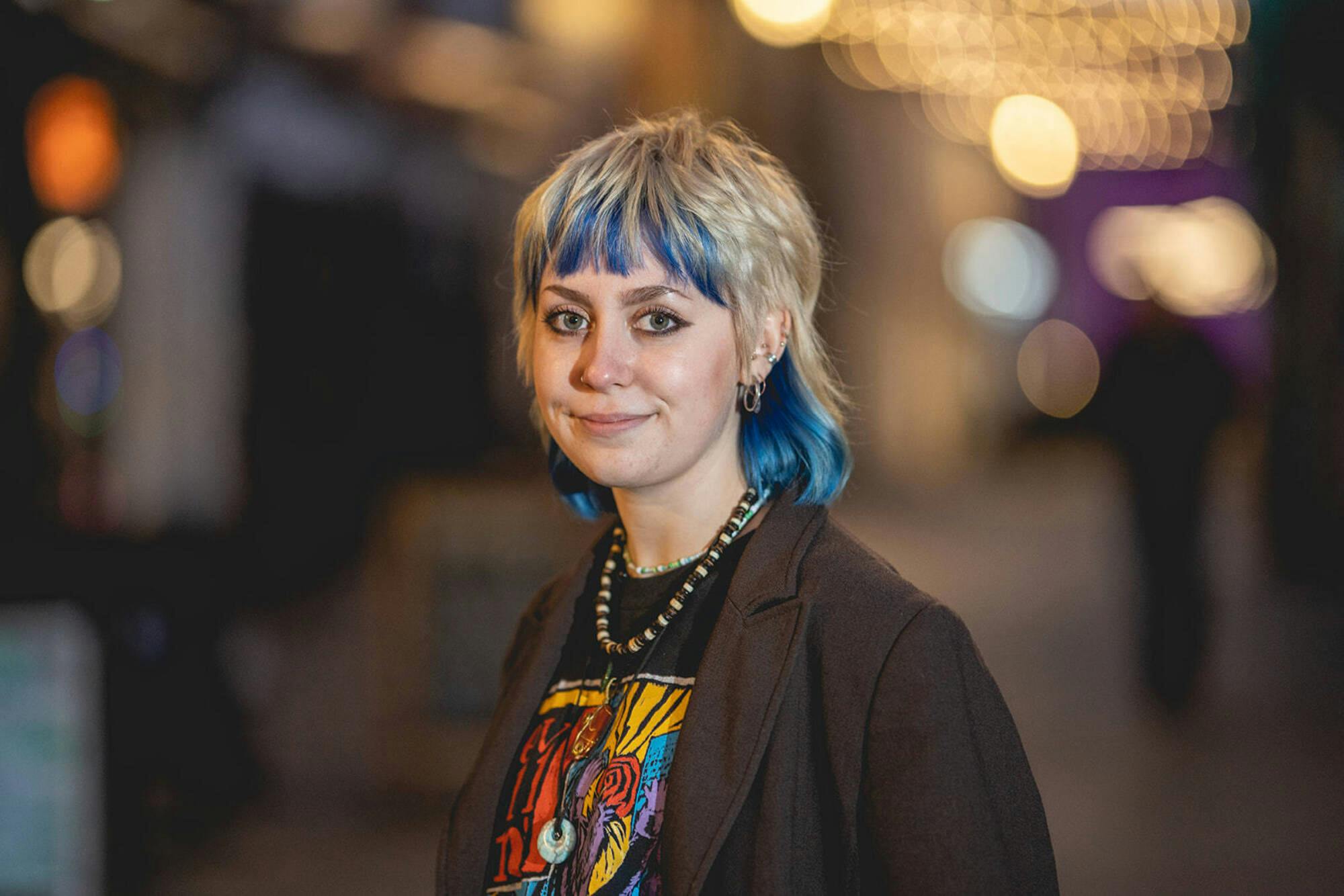
An emotional rollercoaster: being a musician with Borderline Personality Disorder

At 18, I was diagnosed with Borderline Personality Disorder (BPD). It’s a mental health condition that affects all aspects of my life, characterised by intense and unpredictable moods, unstable relationships, impulsive behaviour, and disturbances in perception or thinking. It is a lot.
Over my four years at RWCMD, working with College Student Services, I’ve gained a better understanding of myself and the condition and found ways to empower both my playing and my life outside music.
An emotional rollercoaster
The most prominent symptom of BPD is being unable to regulate my emotions. So, my highs are atmospheric, my lows are bedrock deep, and there’s rarely any middle ground.
Of course, this has a huge impact on my musicianship - although it’s not all negative.
Finding help and support
My diagnosis means I'm eligible for Disabled Students’ Allowance, which funds weekly mentoring throughout my time here. These have been really helpful, bringing my thoughts and ideas together, and working to help me structure my College life to allow for the difficult times. The Student Services team has been amazing and have also really helped to keep me on track – I couldn’t be more grateful.
The College's holistic approach to mental health means that all aspects of my learning and development are supported. For example, my Head of Department, Rob Plane, also works with me if there are reasonable adjustments that can support me (all students have termly check-ins with their Head of Department to track progress and discuss student needs), and my teachers know how to keep me learning when I’m having a bad time.
My BPD toolkit
Creativity and mental health often go together, and because this is an arts school, everyone understands the pressures and difficulties that we can all feel.
When I came to College, I immediately felt how supportive the atmosphere was and, through Student Services, I knew that help was available to me. They've helped me to develop a supportive toolkit to access when I need to.
I told my friends here really early on, which I'd never done before, because I felt so confident that they would understand – RWCMD students are some of the kindest and most understanding you can come across.
The SU campaigns on wellbeing and mental health also make you aware of different needs and
The bright side – connecting with the music
Not everything is doom and gloom. Being so deeply in touch with my emotions results in a powerful, profound connection with the sentiment of music.
Most recently, I achieved this ‘musical enlightenment’ whilst playing for RWCMD’s most recent opera, ‘Dialogues of the Carmelites’, in which I had the opportunity to come out of the orchestra and play a moving solo at the front of the stage; I can’t emphasise how empowering the feeling of heartbreak, euphoria, and adoration was throughout the opera.
For me, this completely makes up for all the terrible lows of BPD – it’s so worth it when you get to experience the pure joy of music in its most intense form.
So, to any fellow musicians with BPD: please keep going. There is so much to live for, so much bliss to be experienced.
Trust me.










